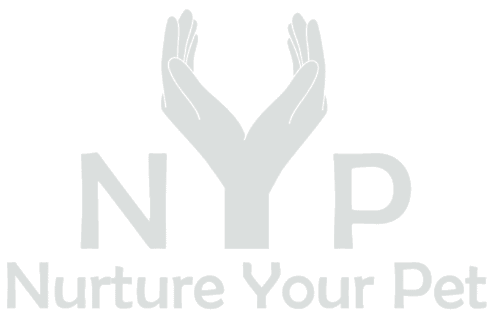In fact, food allergies are one of the most common types of allergies in dogs. An allergy occurs when the immune system of a pet overreacts by producing antibodies against a foreign material that it should normally tolerate.
In the case of food allergy, the antibodies are produced to fight some sections of the food. Most of the time it is a protein or a complex carbohydrate that causes the reaction.
Because antibodies must develop for an allergy to occur, food allergies usually take place after long exposure to the pet food or brand that causes the allergy. Ready? Then let’s begin.
The signs of food allergies in dogs
Itchy Skin
If your dog has a food allergy, then you will notice them scratching and rolling trying to relieve the problem. Sometimes the scratching results in hair loss on the affected patches. And the skin underneath the hair is red and inflamed.

In such a case, don’t use any shampoo on your dog. Shampoos are a leading cause of dermatitis in dogs because they have artificial colors that trigger reactions with the skin. The best option is to stop all of the meals and take your lovely dog to the vet.
Diarrhea and Loose Stools
Diarrhea and loose stools are strong indications of a food allergy in dogs. This is because any time your dog ingests something its digestive system cannot handle, it diarrheas.
If your dog is having watery, thin stools or soft ones resembling a served ice-cream, then chances are that it has a food allergy. What’s more, if it has an abnormal frequency of relieving itself, then you are sure something is wrong in the belly of your sweet dog.
Healthy dogs usually have a normal frequency of relieving themselves such as the same time every day.
Vomiting
While it is normal for a dog to vomit once in a while, it becomes an issue when it becomes frequent. Vomiting can be a sign of many complications not necessarily food allergies. For example, dogs with liver disease or kidney failure usually vomit frequently.
If the cause of vomiting is a food allergy, then adopting an elimination diet will help you identify the specific ingredient that causes the hypersensitive reaction in your dog.
Chronic Ear Infections
Is your dog having more than 3 ear treatments per year? Then chances are that it has an underlying food allergy that should be treated effectively.
Even though yeast, ear mites and the swimmer’s ear are common causes of ear infections, you should not rule out the possibility of food allergy being the reason. What’s more, if the ear infection persists for over a year, then it will be a clear sign of a food allergy and nothing else.

Use a cotton ball soaked in witch hazel to wipe inside the ear of your dog. People who have used it claim their dogs found relief due to a reduction in inflammation.
Conducting an elimination diet for the dog also helps you identify the trigger behind the food allergy.
Red Nail Beds
A change in the color of your dog’s nail beds is a sign of a food allergy. Red nail beds indicate an immune response against the food allergen. You may notice your dog licking them often in bid to reduce the sensitivity.
Before you conclude that food allergy is the cause of the redness, rule out the possibility of a foot injury and thyroid disorders.
Keep your dog’s toes clean using a cotton ball soaked in witch hazel as you identify the allergen through a food allergy test.
Common Food Allergens
Most of the ingredients causing food allergies in dogs are found in commercial pet foods and home-made raw diets. The best way to identify the foods that keep your dog healthy and happy is to conduct an elimination diet.
Here are the common food allergens:
- Grains such as wheat, rice, corn.
- Proteins such as beef, eggs, and chicken.
- Legumes such as peanuts, beans, soy, and lentils.
- Dairy such as milk, yogurt, and cheese.
- GMOs such as papaya, canola, soy, alfalfa, beets, etc.
Conclusion
Food allergies interfere with the health and happiness of your dog. By identifying their triggers, you will design the perfect diet for your dog that is free of food allergens.
Author: Vincent Otieno








